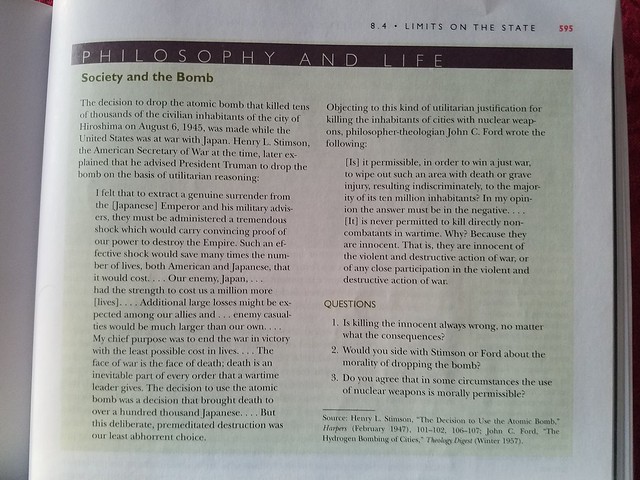This week the Lansing Community Library Adult book discussion group meets for the second in a three-part series on reading “Children’s Classics,” a Talk About Literature in Kansas (TALK) program sponsored by the Kansas Humanities Council (KHC). KHC furnishes the books and discussion leaders for the Lansing TALK series. For more information about KHC, please visit www.kansashumanities.org.
When: 5:30 p.m. Thursday, January 12, 2017
Where: Lansing Community Library, 703 1st Terrace, Lansing, Kansas 66043 – 913.727.2929
 Who: Sister Rosemary (Rosie) Kolich is an assistant professor of English at the University of Saint Mary. She teaches at both the main campus in Leavenworth and at the Overland Park campus. She earned her PhD from Saint Louis University. One of the courses she team teaches is called Good Books, which pairs works from theology and literature with similar themes. Sister Rosie joined the Kansas Humanities Council TALK program as a discussion leader in 2008.
Who: Sister Rosemary (Rosie) Kolich is an assistant professor of English at the University of Saint Mary. She teaches at both the main campus in Leavenworth and at the Overland Park campus. She earned her PhD from Saint Louis University. One of the courses she team teaches is called Good Books, which pairs works from theology and literature with similar themes. Sister Rosie joined the Kansas Humanities Council TALK program as a discussion leader in 2008.
What: A Little Princess by Frances Hodgson Burnett (1849-1924)
 Burnett’s turn-of-the-century Cinderella story tells of a little girl who goes from riches to rags to riches again, all along maintaining her compassion and love for those around her. After wealthy Sara Crewe moves into a strict girls’ boarding school, she learns that her father is dead, leaving her both penniless and an orphan. Her faith in her father and her sense of justice enable her to overcome poverty, hardship, and abuse, and to create her own family and community. Burnett, a playwright and novelist for adults before she wrote children’s books, never over-simplifies the complexities of a dangerous world; at the same time, she never forgets what it’s like to view that world as a hopeful child.
Burnett’s turn-of-the-century Cinderella story tells of a little girl who goes from riches to rags to riches again, all along maintaining her compassion and love for those around her. After wealthy Sara Crewe moves into a strict girls’ boarding school, she learns that her father is dead, leaving her both penniless and an orphan. Her faith in her father and her sense of justice enable her to overcome poverty, hardship, and abuse, and to create her own family and community. Burnett, a playwright and novelist for adults before she wrote children’s books, never over-simplifies the complexities of a dangerous world; at the same time, she never forgets what it’s like to view that world as a hopeful child.
From Wikipedia: A Little Princess is a children’s novel by Frances Hodgson Burnett, first published as a book in 1905. It is an expanded version of the short story Sara Crewe: or, What Happened at Miss Minchin’s, which was serialized in St. Nicholas Magazine from December 1887. According to Burnett, after she composed the 1902 play A Little Un-fairy Princess based on that story, her publisher asked that she expand the story as a novel with “the things and people that had been left out before”.[4] The novel was published by Charles Scribner’s Sons (also publisher of St. Nicholas) with illustrations by Ethel Franklin Betts and the full title A Little Princess: Being the Whole Story of Sara Crewe Now Being Told for the First Time.[1]
Based on a 2007 online poll, the U.S. National Education Association named the book one of its “Teachers’ Top 100 Books for Children”. In 2012 it was ranked number 56 among all-time children’s novels in a survey published by School Library Journal, a monthly with primarily U.S. audience. It was the second of two Burnett novels among the Top 100, with The Secret Garden number 15.
♥ ♥ ♥
Please join us Thursday evening as we TALK about A Little Princess in the warm indoors forgetting momentarily the bleak midwinter outside.





